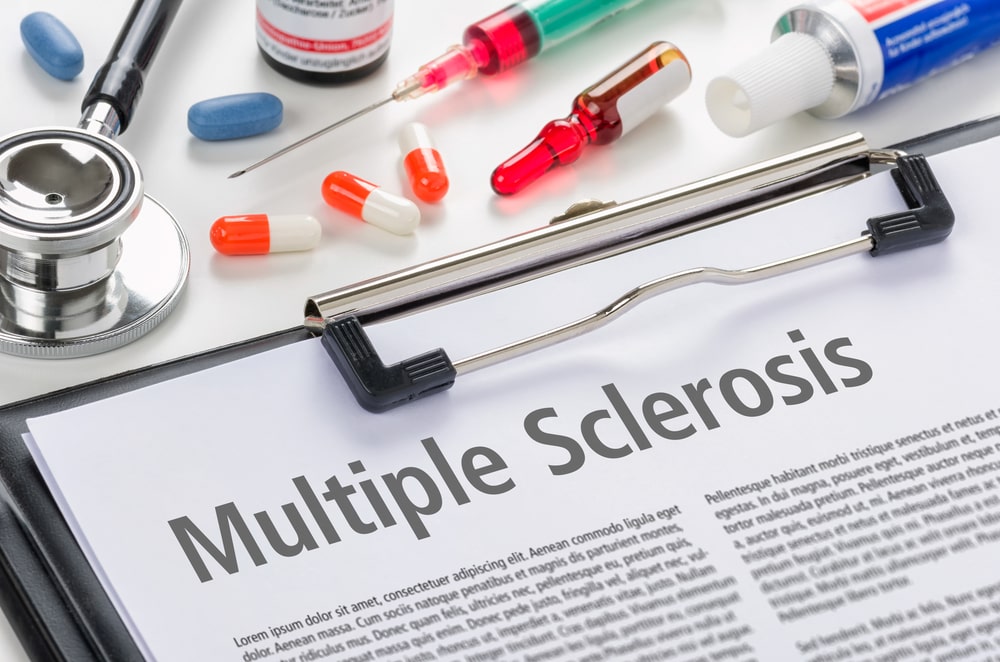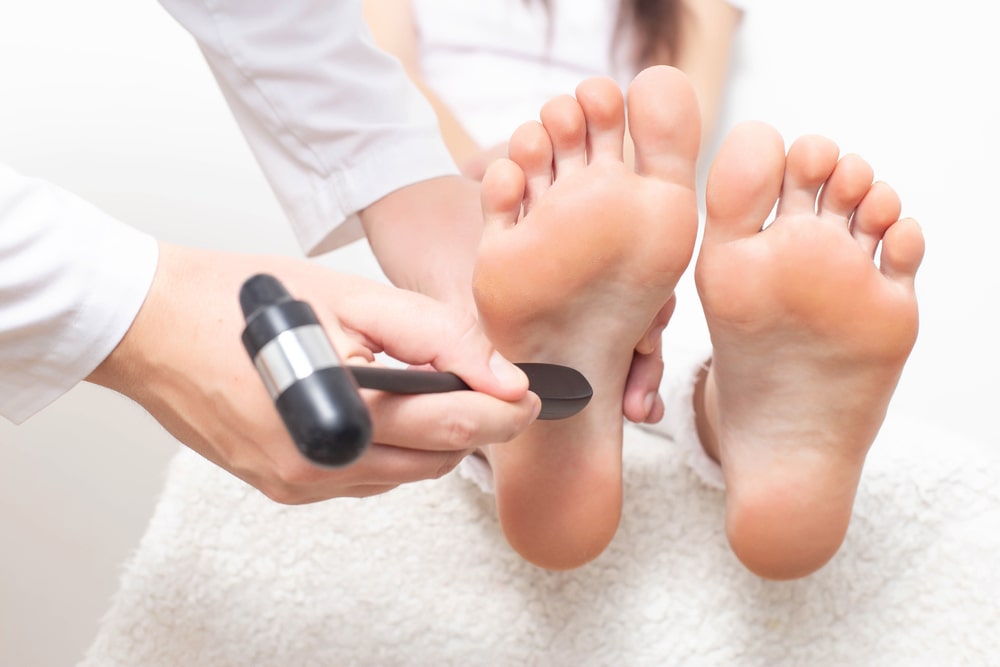Reiki for MS has demonstrated its value as an effective approach for individuals experiencing multiple sclerosis. In recent years, holistic approaches to healthcare have gained significant attention. Among these, Reiki, an ancient healing practice, has emerged as a promising method to complement traditional medical treatments. This article explores the potential benefits of Reiki for individuals living with Multiple Sclerosis (MS) and how it can be integrated into a comprehensive care plan for managing the symptoms and improving the overall well-being of MS patients.
Contents
Understanding Multiple Sclerosis
Before delving into the potential benefits of Reiki therapy, it’s essential to have a clear understanding of Multiple Sclerosis. Multiple sclerosis is a long-term autoimmune condition affecting the central nervous system.
It can lead to various debilitating symptoms, such as muscle weakness, numbness, fatigue, and problems with coordination and balance. As there is currently no cure for MS, many individuals seek alternative therapies to alleviate their symptoms and improve their quality of life.
What is Reiki?
Reiki is a Japanese therapeutic method that uses energy channeling to ease tension and Reiki for MS encourages relaxation. Often referred to as “life force energy,” practitioners think this energy can support the body’s inherent healing capabilities. Reiki is a peaceful, non-invasive technique that has become more well-known recently due to its ability to treat a wide range of emotional and physical conditions.
How Is Reiki Put To Use?
Reiki masters can give energy to a recipient by holding their hands or with their backs. The recipient’s body receives this energy as it passes through the practitioner’s hands. The energy aids in the recipient’s chakras, or energy centers, being in harmony. It may result in a profound sense of calm and wellbeing.
The Potential Benefits of Reiki for MS
While scientific evidence on the effectiveness of Reiki for specific medical conditions, including Multiple Sclerosis (MS), is limited, some individuals with MS report positive experiences with Reiki.
It’s important to note that Reiki is not a substitute for medical treatment, but it may offer some potential benefits as a complementary approach.
Stress Reduction
One of the primary benefits of Reiki for MS patients is stress reduction. The relaxation induced by Reiki can help reduce the impact of stress on the body, potentially alleviating symptoms aggravated by stress.
Pain Management
Reiki has been reported to help with pain management. For MS patients who often experience chronic pain, Reiki for MS can offer a non-pharmaceutical option for pain relief.
Improved Sleep
Many MS patients struggle with sleep disturbances. Reiki can promote better sleep by calming the mind and relaxing the body.
Enhanced Well-being
Reiki for MS promotes a sense of overall well-being, which is crucial for individuals living with a chronic illness. It can improve mood and outlook on life.
Complementary Therapy
Reiki can be used with traditional medical treatments, enhancing the overall care plan for MS patients.
Self-Healing
Reiki also empowers individuals to participate actively in their healing process. This self-help aspect can be particularly empowering for MS patients.
Integrating Reiki into the care plan of someone with MS should be done in collaboration with their healthcare provider. It’s crucial to ensure that Reiki is used as a complementary therapy and not as a sole treatment. A holistic approach to managing MS might include medications, physical therapy, a healthy diet, and stress management techniques like Reiki.
Reiki Sessions and MS: What to Expect
When considering Reiki for MS as part of an MS care plan, it’s essential to know what to expect during a Reiki session. Here’s an overview of what a typical session may involve:
Consultation
Before the session, you’ll likely have a consultation with the Reiki practitioner. This is an opportunity to discuss your symptoms, concerns, and goals for the session.
Setting
Reiki sessions are typically conducted in a quiet and peaceful setting to promote relaxation. You may be asked to lie down or sit in a comfortable position.
Attire
You’ll remain fully clothed during the session, so wear loose and comfortable clothing.
Practitioner’s Hands
The Reiki practitioner will place their hands gently on or above specific areas of your body, including the head, shoulders, chest, and abdomen.
Energy Transfer
During the session, you’ll feel a gentle flow of energy from the practitioner’s hands. This energy is non-invasive and shouldn’t cause any discomfort.
Duration
A typical Reiki treatment session lasts about 45 minutes to an hour.
Post-Session Discussion
After the session, you and the practitioner may discuss your experience and any sensations you felt during the session.
The Scientific Perspective
While Reiki for MS has gained popularity and has many anecdotal success stories, it’s essential to consider the scientific perspective. As of now, there is limited scientific research on the specific effects of Reiki on MS. However, some studies suggest that Reiki may have a positive impact on pain management, anxiety reduction, and overall well-being.
Integrating Reiki into the care plan of someone with MS should be done in collaboration with their healthcare provider. It’s crucial to ensure that Reiki is used as a complementary therapy and not as a sole treatment. A holistic approach to managing MS might include medications, physical therapy, a healthy diet, and stress management techniques like Reiki.
FAQs
Although reiki can’t cure multiple sclerosis, it can help control symptoms and enhance a person’s general quality of life.
Reiki is typically seen as non-invasive and safe. But it should only be taken in conjunction with other therapies and under a doctor’s supervision.
Yes, Reiki treatments can be conducted remotely or at a distance, making them accessible to people with mobility impairments.
Since reiki is frequently regarded as an alternative therapy, health insurance may not cover it. For more information, it’s best to speak with your insurance company.
Absolutely! Reiki symbols can be used for self-healing, promoting overall well-being and personal growth.
Conclusion
In conclusion, Reiki offers a promising avenue for individuals living with Multiple Sclerosis to improve their quality of life. By reducing stress, managing pain, and enhancing overall well-being, Reiki can play a valuable role in a comprehensive care plan. However, it’s essential to remember that Reiki should be used in conjunction with traditional medical treatments and under the guidance of a healthcare professional.
You can book a free 15-minute consultation if you have any questions about Reiki for MS (Multiple Sclerosis).




